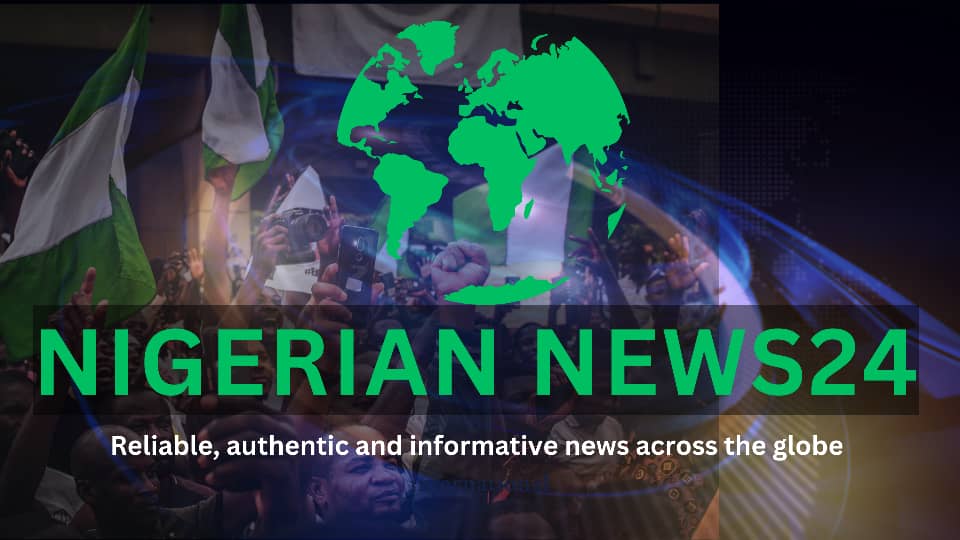by Nigerian News24 Correspondents
The Department of State Services (DSS) has ordered social media platform X (formerly Twitter) to remove a post by Sahara Reporters publisher, Omoyele Sowore, and deactivate his account within 24 hours or face “far-reaching measures.”
In a letter dated September 6 and signed on behalf of the Director-General, the DSS accused Sowore of incitement, hate speech, and “domestic terrorism” after he described President Bola Tinubu as a “criminal” in reaction to the president’s anti-corruption remarks in Brazil. The agency said the comment ridiculed Nigeria before the international community, provoked protests among Tinubu supporters, and threatened national security.
“The said tweet is still in circulation and has attracted widespread condemnation by majority of Nigerians,” the DSS stated. “Should you fail to comply, the Federal Government will be compelled to take sweeping measures through our organization.” The service further warned that both Sowore and X Corp could be held criminally liable if the post remains online.
Sowore’s legal team immediately pushed back, calling the move unconstitutional. Human rights lawyer Tope Temokun, in a letter to X’s legal and policy department, described the DSS directive as “illegal, without foundation, and an abuse of power,” insisting only a competent court has the authority to order content removal. He cited Section 39 of Nigeria’s constitution, Article 9 of the African Charter on Human and Peoples’ Rights, and rulings of the Supreme Court and Court of Appeal protecting free speech.
Sowore himself condemned the order as “a desecration of national dignity” and part of a wider campaign of intimidation that has included arrests, travel restrictions, and terrorism-related charges. “Today it is me; tomorrow it could be any journalist, activist, or citizen who dares to question government,” he said.
The dispute leaves X caught in the middle of a politically sensitive clash between Nigeria’s security agency and one of its most vocal critics, with broader implications for digital rights, press freedom, and democratic expression in the country.




